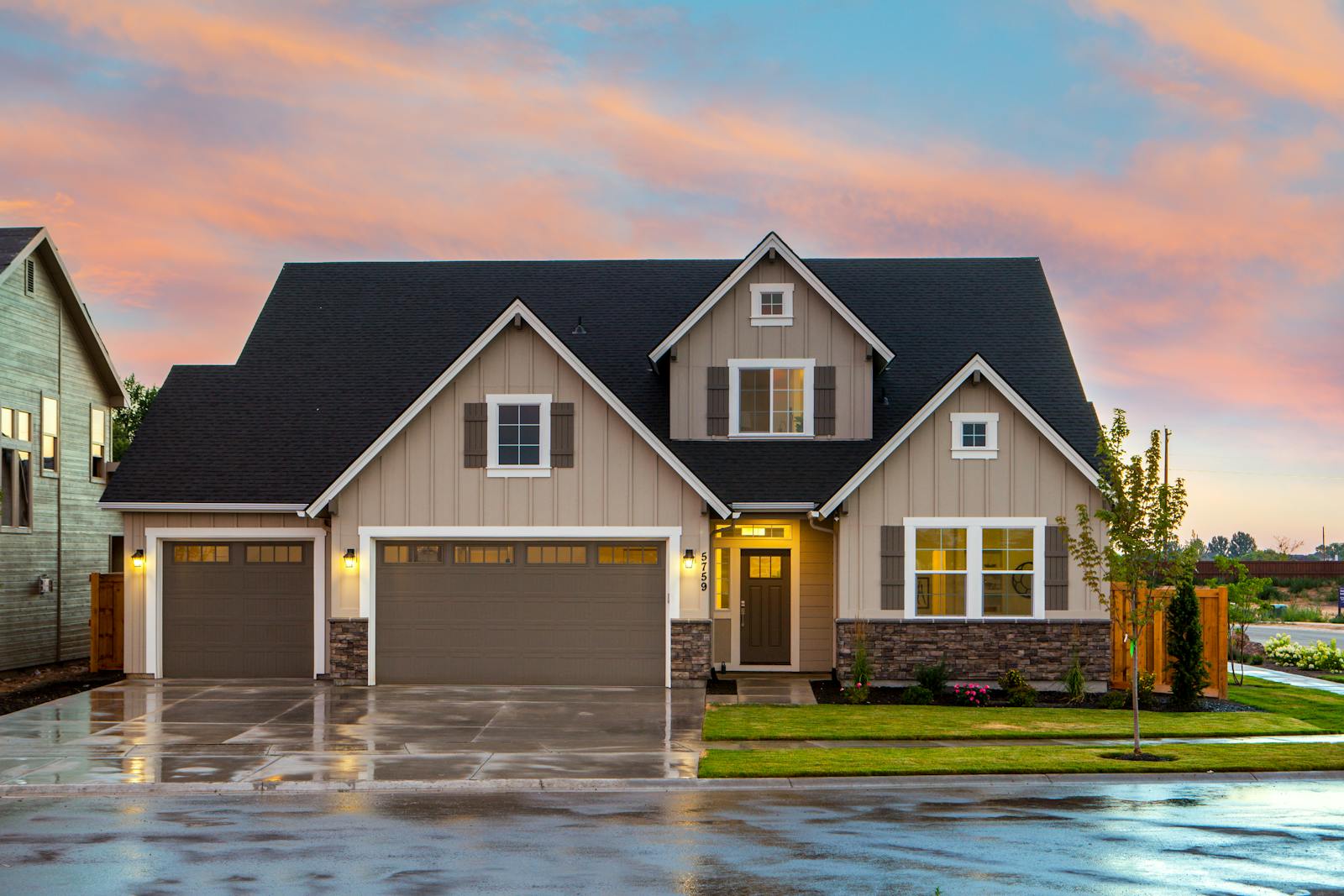1. Financial Implications
Renting:
1. Cost Structure: Monthly rent payments go to the landlord, with no long-term financial return.
2. Lower Upfront Costs: Requires a security deposit and first/last month's rent, making it easier to get started.
3. No Equity: Renting builds no equity—you're paying for temporary use of the property.
4. Rent Increases: Rent is subject to periodic increases, often based on market conditions or landlord discretion.
Owning:
Wealth Building: Monthly mortgage payments contribute to building equity, turning your home into an appreciating asset over time.
Tax Benefits: Homeowners may be eligible for tax deductions on mortgage interest, property taxes, or home improvements.
Fixed Costs: With a fixed-rate mortgage, monthly payments remain consistent, offering more stability.
Appreciation: Real estate often increases in value, providing potential profit when you sell.
2. Flexibility vs. Stability
Renting:
Flexibility: Easier to move when a lease ends, which suits people with transient lifestyles or uncertain plans. Limited Responsibility: Landlords handle maintenance and repairs, saving you time and hassle.
Owning:
Stability: Owning offers a sense of permanence and stability, which is especially valuable for families or long-term planners.
Personalization: You have the freedom to modify, renovate, and personalize the property as you wish.
3. Maintenance and Responsibilities
Renting:
Minimal Responsibility: Landlords handle repairs, maintenance, and major system replacements (e.g., HVAC, plumbing).
Restricted Control: Renters must follow landlord-imposed rules and often can't make significant changes to the property.
Owning:
Full Control: Homeowners decide how to maintain, upgrade, and utilize their property.
Cost Responsibility: Maintenance, repairs, and replacements are your responsibility, but these improvements also add value to your home.
4. Long-Term Costs
Renting:
No Asset Accumulation: Rent payments don't contribute to your net worth. Risk of Losing Housing: A lease might not be renewed, or the landlord may sell the property, forcing you to relocate.
Owning:
Asset Growth: Your home is a long-term investment, potentially increasing in value over time.
Predictable Retirement: Owning a fully paid-off home eliminates housing costs during retirement.
5. Emotional and Lifestyle Factors
Renting:
Temporary Feel: Renting often feels less permanent, and renters may feel limited in how they can make the property "their own."
Community Rules: Renters are bound by lease agreements, which may restrict pets, renovations, or even guest policies.
Owning:
Sense of Pride: Owning a home provides a sense of accomplishment and pride in ownership.
Legacy: Homeownership allows you to leave an inheritance for family members. Community Connection: Homeowners often feel more rooted in their neighborhoods, contributing to stronger community ties.
6. Financial Risk
Renting:
Less Risk: Renters aren't affected by housing market fluctuations or unexpected repair costs.
No Investment Growth: Renters miss out on the potential financial benefits of owning real estate.
Owning:
Investment Potential: Real estate has historically been a stable and appreciating investment.
Market Risks: Property values can fluctuate, and selling during a downturn may result in a loss.
Why Owning Is Often Better: Key Benefits
● Equity Building: Homeownership turns a necessary expense (housing) into an investment.
● Appreciation: Real estate values tend to rise over time, creating wealth.
● Stability: Fixed costs and control over your property make it a reliable long-term choice.
● Personalization: Freedom to make the space truly your own.
● Tax Savings: Deductions on mortgage interest and property taxes reduce your tax burden.
● Retirement Security: A paid-off home provides cost-free living later in life.
● Legacy Planning: Ownership allows you to pass the property down to family.
-transparent-1736879530972.png)

